Small ETPs have high potential for reducing pollution
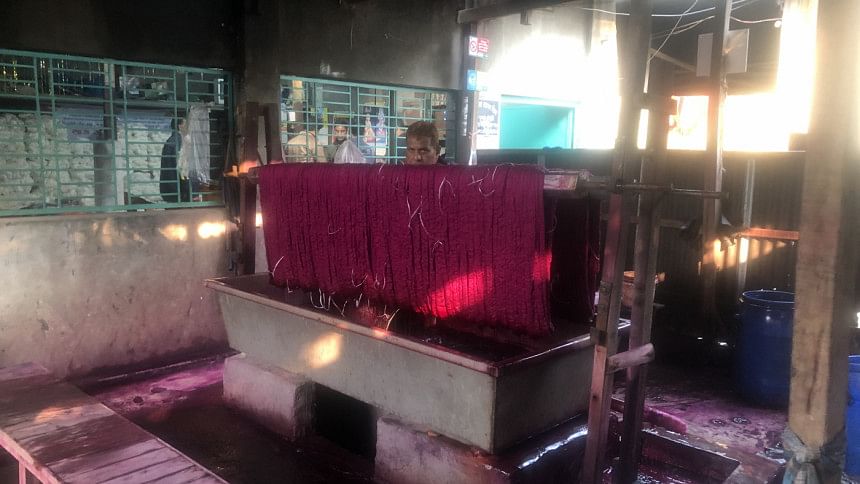
Hazi Anwar Hossain has been operating a dyeing and weaving business in Tamai village under Belkuchi upazila of Sirajganj for about three decades now.
And much like the predecessors of his ancestral business, the 56-year-old used to throw polluted water resulting from the dyeing process in nearby ponds.
But a few months ago, Hossain set up a small-scale effluent treatment plant (ETP) in his own yard to remove contaminants from the wastewater so that it can be reused.
"I took this initiative because of my own guilt as I saw that harmful chemicals were gradually seeping into our groundwater," he said.
"We can no longer drink

from our tube wells. Even bathing has become difficult as carcinogens in the water are causing skin diseases," Hossain added.
Sirajganj is one of the biggest regions for producing handloom fabrics and apparel in Bangladesh. So, it is no surprise that more than 90 percent of the families in Tamai are involved in the business.
However, the local dyeing and weaving factories have long been a major cause for pollution in the area as they lack adequate wastewater treatment facilities.
But like Hossain, Ashish Kumar Chowdhury, who has been running a dyeing unit in Chandangati village under Belkuchi upazila for the past two decades, also set up a miniature ETP at a cost of Tk 26 lakh.
"Although it was a costly initiative, I did it after realising the benefits of keeping my pond pollution-free," he said, adding that he now plans to raise fish and ducks in the waterbody where he once dumped waste.
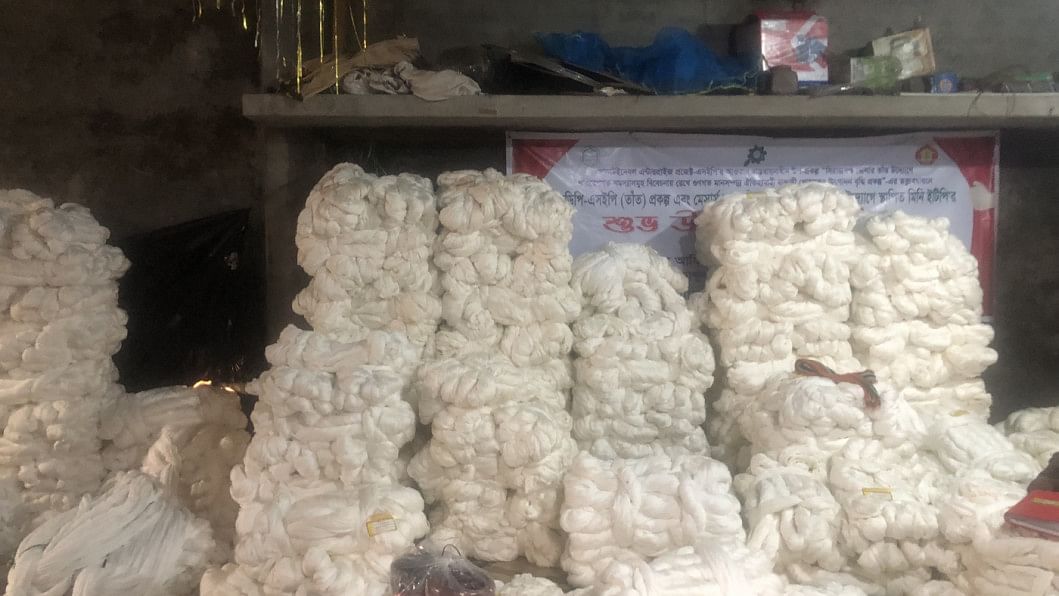
Still, only four of the roughly 300 dyeing units in Belkuchi upazila have installed ETPs despite the availability of technical and financial assistance under the Sustainable Enterprise Project (SEP).
The SEP was launched by the National Development Programme, a non-government organisation, to improve the sustainability and environmental-friendliness of cluster-based small businesses.
Funded by the World Bank, the Palli Karma-Sahayak Foundation (PKSF) has been implementing the $13 crore project across Bangladesh since 2019.
Of the 64 sub-projects under the SEP, one relates to setting up ETPs for dyeing and weaving industries in Sirajganj.
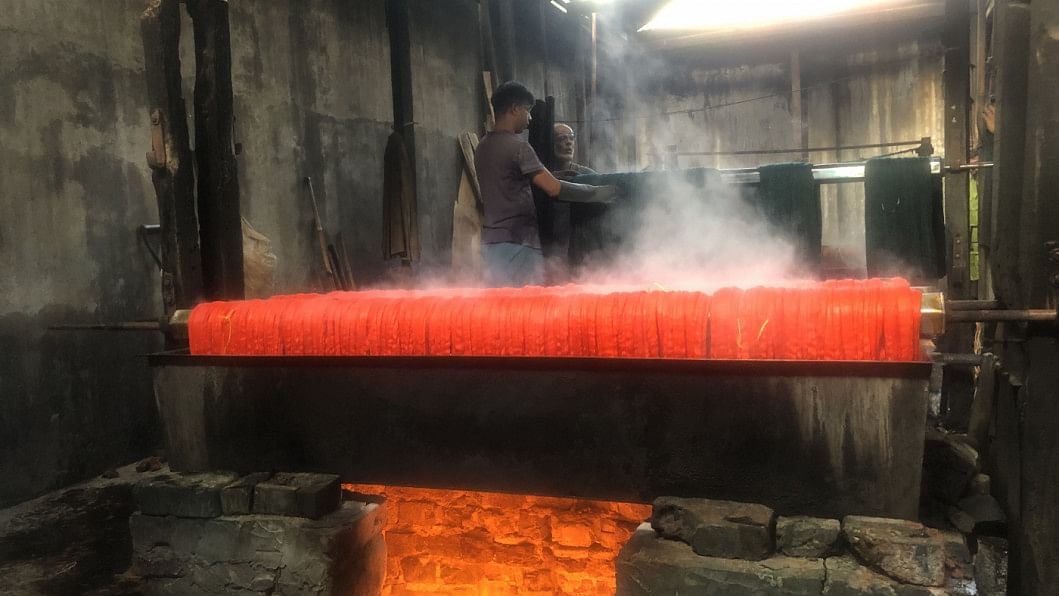
Md Ashrafuzzaman, manager of the SEP Loom Project, said they have designed small-scale ETPs that can treat 3,000 to 10,000 litres of wastewater each day, exceeding the average requirement of most units.
Dyeing factories in the Belkuchi upazila produce about 1,000 litres of liquid waste on a daily basis, he added.
Citing how most dyeing units currently discharge their hazardous waste into surrounding waterbodies, Ashrafuzzaman said the contaminated liquids often seep into the groundwater through boring.
There are currently about 1.16 lakh handloom weaving factories across the country, according to the Handloom Census 2018 of the Bangladesh Bureau of Statistics.
Md Rokonuzzaman, executive engineer of the Department of Public Health Engineering in Sirajganj, said environmental and health risks are much higher in areas with handloom weaving units.
This is because of the associated pollution stemming from the dyeing and weaving process, with women and children being the worst affected by waterborne diseases, he added.
Md Abdul Gafur, assistant director of the Department of Environment in the district, yesterday said they had fined two dyeing factories Tk 50 lakh and Tk 1 lakh for polluting nearby waterbodies.
"Earlier, we regularly counselled factory owners to set up ETPs. Now, we have started enforcing the law," he added.
Against this backdrop, he welcomes the initiative of PKSF to help set up ETPs.
Md Fazlul Kader, additional managing director of PKSF, said they are working for a sustainable and commercially viable solution to pollution.
He suggested local dyeing units could benefit from setting up ETPs on a cluster basis.
"Regardless, the participation of entrepreneurs in setting up ETPs has to increase if we want to get the benefit of this initiative," he added.

 For all latest news, follow The Daily Star's Google News channel.
For all latest news, follow The Daily Star's Google News channel. 



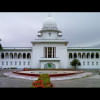
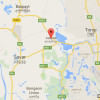



Comments